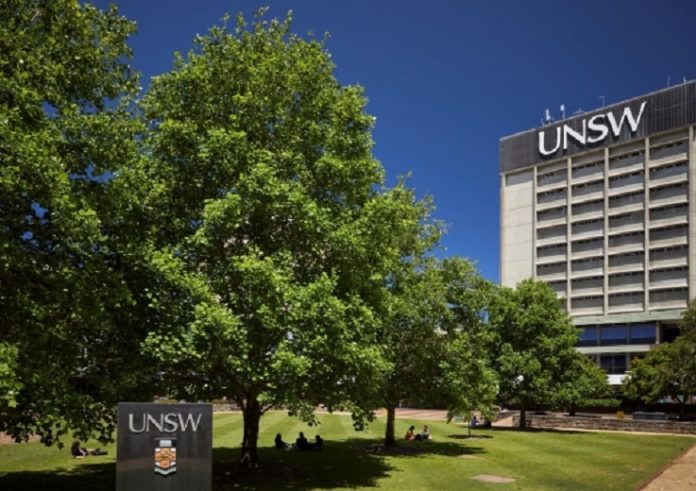
The Sovereign Manufacturing Automation for Composites Cooperative Research Centre (SoMAC CRC) – a consortium of university and industry partners led by UNSW Sydney – has been awarded a $70 million grant under the Government’s Cooperative Research Centre (CRC) program to advance Australia’s next-generation manufacturing industry.
SoMAC CRC is a partnership between six leading Australian universities, Australia’s Nuclear Science and Technology Organisation (ANSTO) and 29 industry partners.
The consortium will use the funding to advance Australia’s capabilities in manufacturing and high-value industries such as green energy production, space vehicles manufacturing and civil and marine infrastructure.
UNSW Engineering’s Professor Gangadhara Prusty said the grant would help the partners establish new research projects focused on intelligent automation, new-generation digital exports, and promoting rapid product development across Australia’s diverse composites industry.
“The composites industry has a fast-growing, $100 billion international market. This grant will support projects that will benefit a wide range of our flagship sovereign industries including space, defence, energy and infrastructure,” Professor Prusty said.
Composites are manufacturing materials that are made by mixing two or more materials to form overall structures that are less expensive, lighter, stronger, or more durable than common materials,
Structures that rely on innovative composite manufacturing and engineering include modern aircraft, automobiles, defense vehicles, and high-pressure energy storage.
SoMAC CRC’s research programs will also develop circular economy technologies, combining recycling approaches and reusable material systems that are in high demand from industry and consumers around the world.
Professor Nicholas Fisk, UNSW Sydney’s Deputy Vice-Chancellor for Research and Enterprise, said Australia has “a unique opportunity” in the next decade to embrace automation and emerging onshore industries through collaborative manufacturing and engineering investment.
“Australia’s composites industry is dominated by small-medium organisations, therefore collaborative approaches such as the SoMAC CRC are vital to build broad industry capability, as well as to provide the development environment to bring industry together in major projects,” Mr Fisk said.
“We are seeing Australia contemplate massive investment into the hydrogen economy, take a clear step forward in space, and rebuild its automotive presence in electric buses and cars.
“Composites are essential for these and other major industries to be competitive and position Australia at the forefront of global technology.”



















